The Pirates of The Caribbean franchise has had a tumultuous run with breathtaking highs and embarrassing lows. With the future of the franchise a bit up in the air at the moment, there is still a span of five feature-length films to pull from when analyzing why the series had steadily plummeted in decline. Here are 10 of the storylines throughout the franchise that served as evidence for what went wrong.
The Rules Of The Flying Dutchman
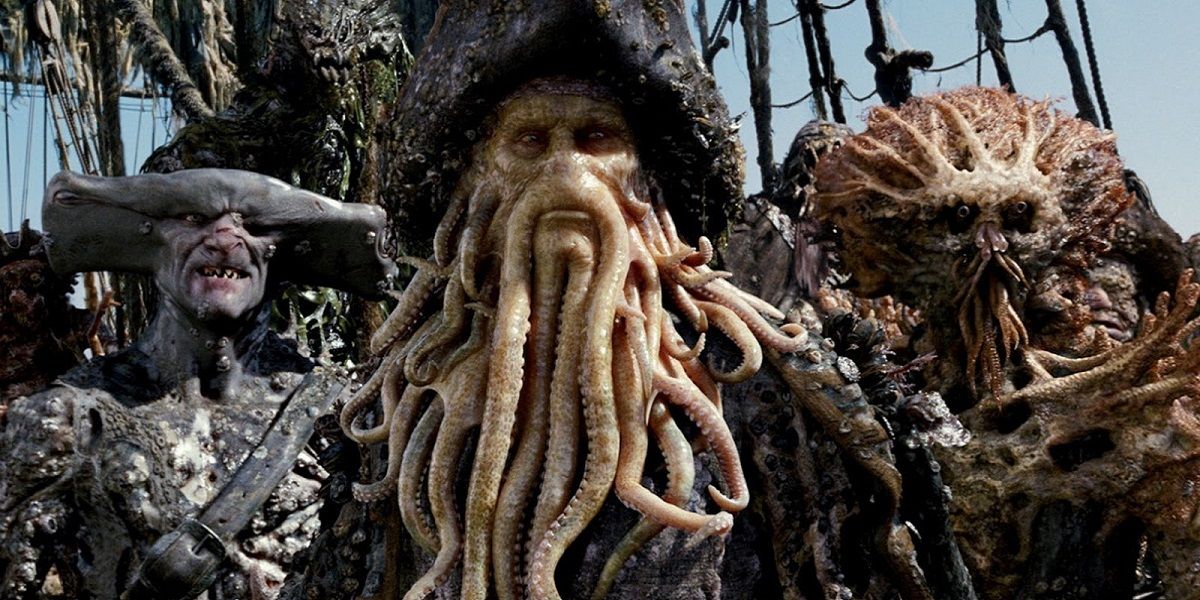
Although Dead Man’s Chest is an excellent movie, it did have the first warning signs of what would be to come with the rest of the franchise: overcomplicated subplots and backstory. That’s most clearly seen with the storyline concerning Will and his father serving on The Flying Dutchman, with a ludicrous amount of rules introduced to the curse of serving on the ship, and it continued in At World’s End. The rules weren’t really clear, following them didn’t seem necessary, “becoming part of the ship” was vague, replacing Davy Jones was a strange process, and earning or losing time was introduced in various ways. It was hard to get invested in a scene when the stakes weren’t clear.
The Calypso Situation
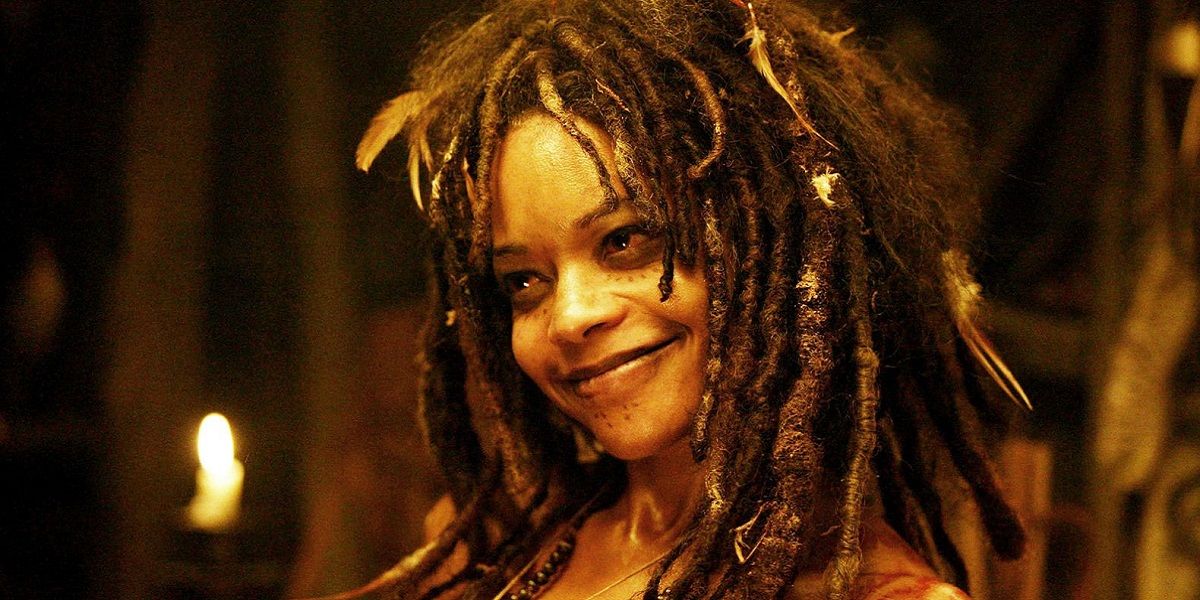
In another example of overcomplicating something, At World’s End introduces the idea of “Calypso,” a goddess of the sea. But the idea turns from symbolic into tangible, as Calypso is revealed to be a real woman, and Elizabeth plays with the idea to serve her needs.
Things get even more complicated when it’s revealed that Calypso was the woman Davy Jones fell in love with (and cut his heart out for), and even further when it was revealed that she was trapped in Tia Dalma, the fortune teller. It was convoluted and the payoff was not justified.
The “Last Crusade” Jack Sparrow Origin Story
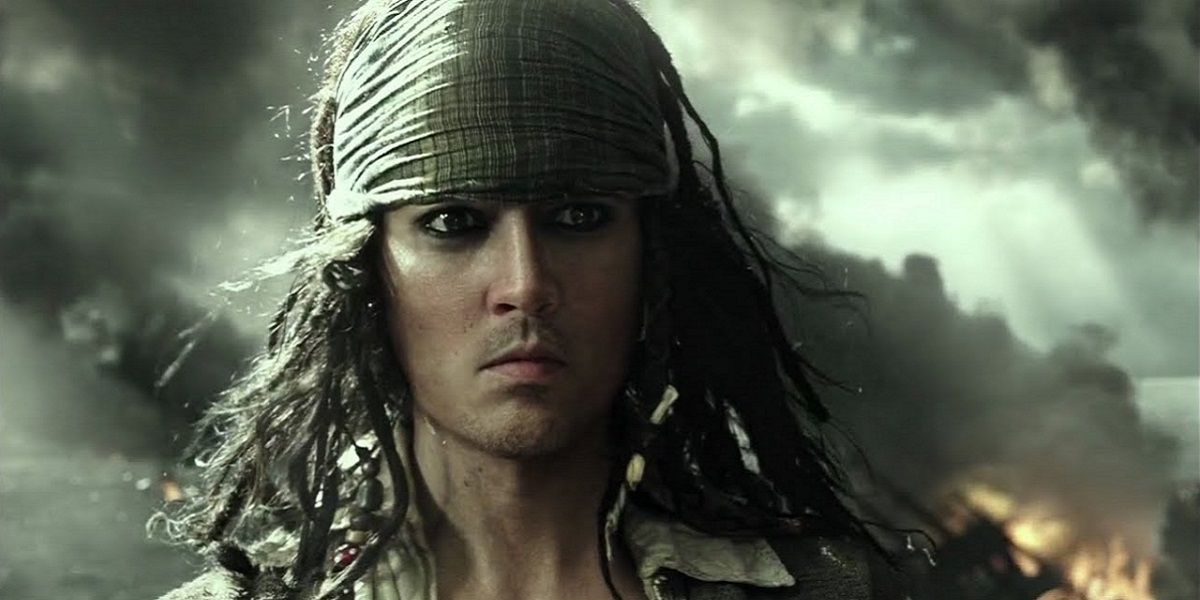
In Indiana Jones And The Last Crusade, audiences are treated to seeing Indiana Jones’ entire long and mysterious past explained in about five minutes. His use of a whip, the scar on his chin, his signature hat, his fear of snakes, all of it gets explained in the opening sequence. And it’s a bit disappointing that everything was so clearly laid out, and that the long history was sealed within a single day.
In Dead Men Tell No Tales, the same thing happens. As Captain Salazar recounts his first meeting with Jack Sparrow, everything is laid out. How Jack got his last name, his title of “captain,” his signature hat, his compass, etc. It’s too on the nose and obvious, and it takes away a lot of the aura of mystery the character had.
Angelica Is (Actually) Blackbeard’s Daughter
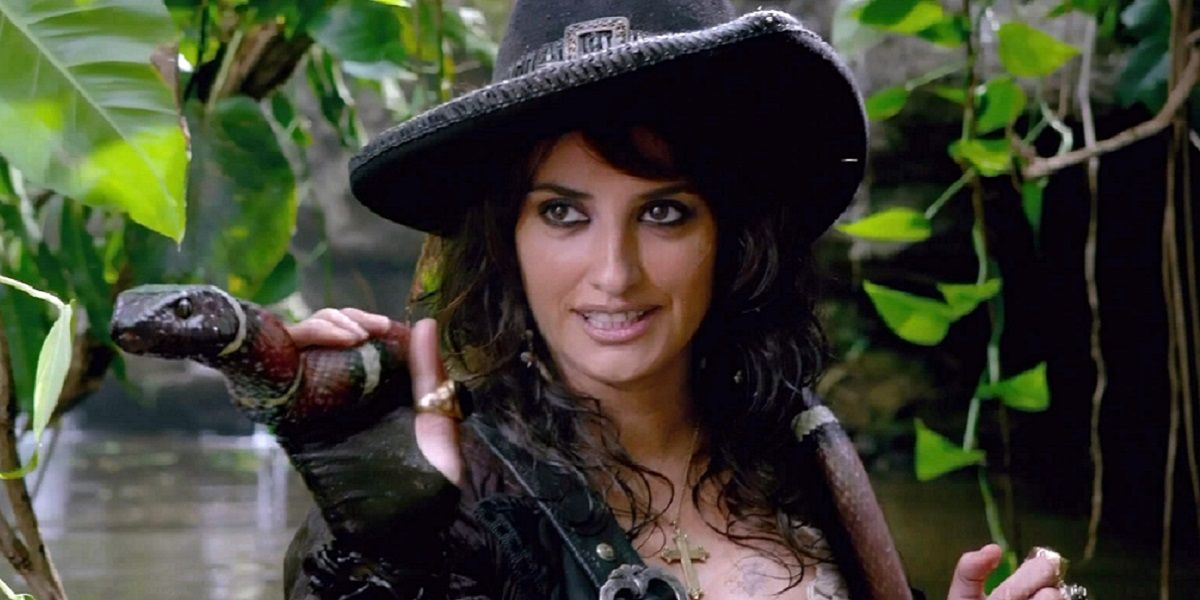
On Stranger Tides introduces Angelica, Jack Sparrow’s ex-lover and current frenemy. She states at one point that she is tricking Blackbeard into thinking she is his daughter so that she can further her goals. But later in the film, it’s revealed she is…actually his daughter. The reveal did nothing to further the plot, and the “twist” was just a needless complication on something that was assumed, taken away, and put back.
The Mermaid Romance
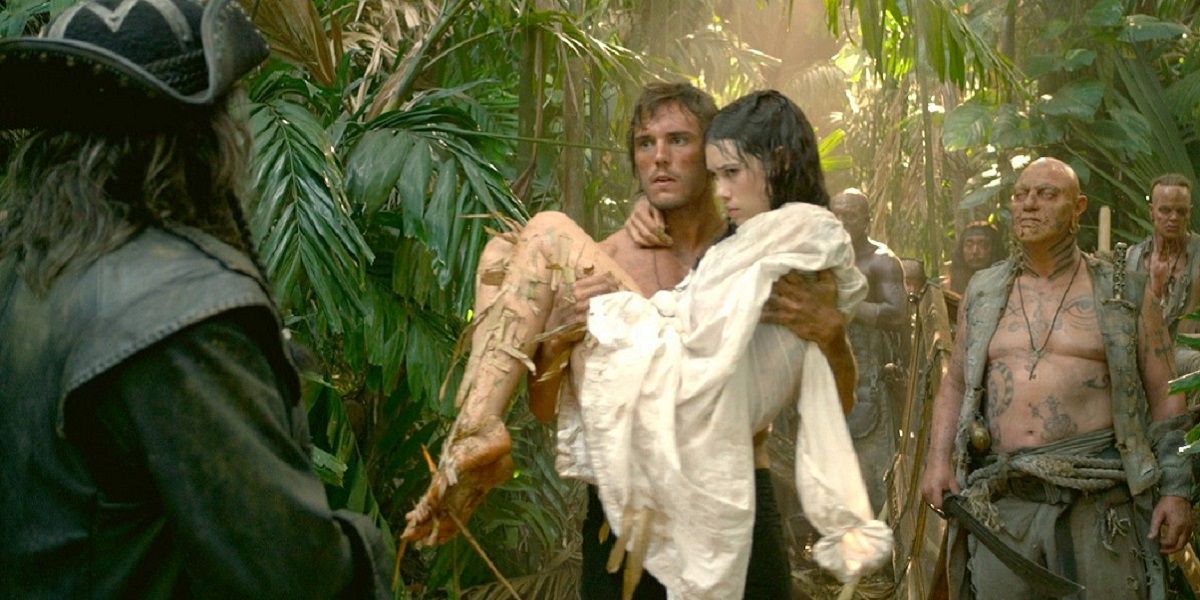
After so much emphasis on romance in the first three films of the series, especially with the needlessly overblown (and predictable) on/off relationship focus on Will and Elizabeth, a break was needed. But instead, a diet version of the previous romance was introduced in On Stranger Tides between two throwaway characters who weren’t really engaging: Phillip the missionary, and Syrena the mermaid. It was pretty rushed and unengaging in a movie with a lot more going on at once.
Barbossa’s Daughter
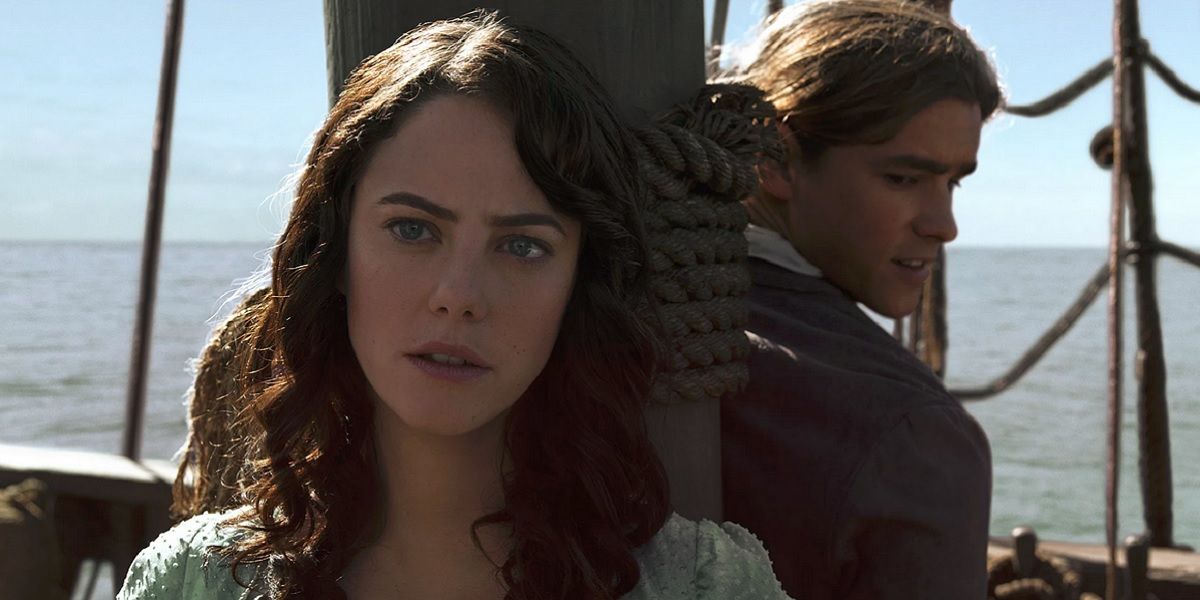
Just like Angelica in Dead Men Tell No Tales, Carina is revealed to be the daughter of a pirate, but this time around, it’s Captain Barbossa. The twist doesn’t really add anything emotionally to the movie, as Carina has not been seen or mentioned up to the fifth film. Likewise, she and Barbossa don’t get much screentime together. It serves more like a cheap ploy to make the audiences care about Carina instead of standing on her own two feet. If she’s related to a beloved main character, then she gets more assumed attention. Barbossa’s subsequent (second) death is also not much of a sendoff, as the two of them barely knew each other.
Pirate Politics
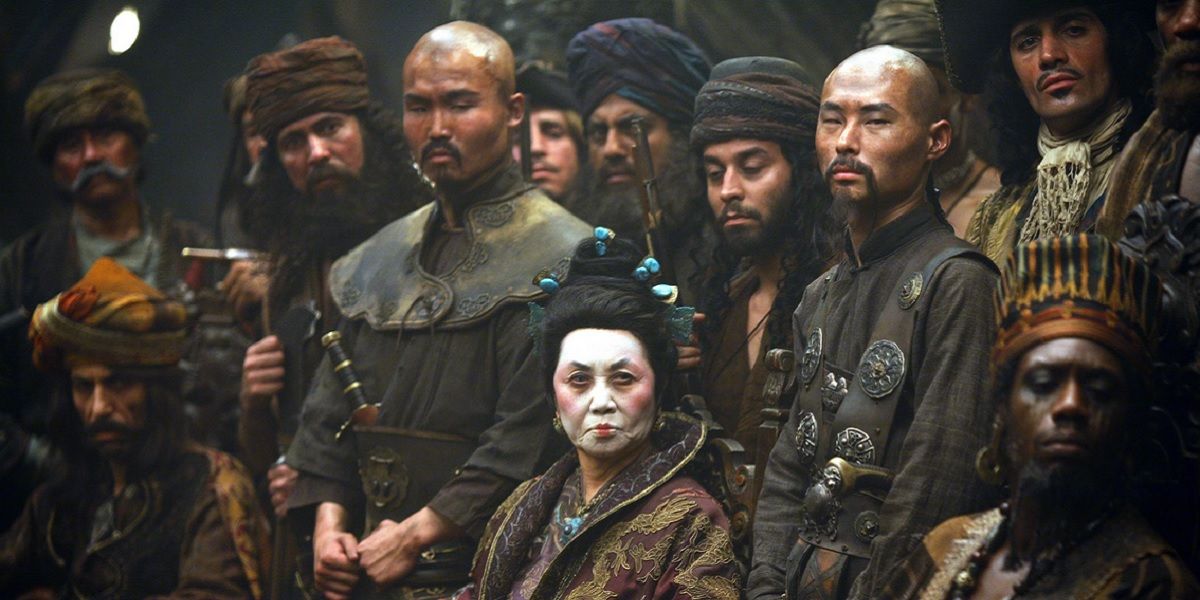
Pirates are notorious rule breakers, so introducing a governing system and rules into the game isn’t much fun. Yes, pirates had little governments of their own and codes in real life, and that was fine in Curse Of The Black Pearl, but expanding it to the extent it went in At World’s End got tiresome.
Rather than get swashbuckling fun and simple objectives, At World’s End pulls a Phantom Menace and has pirates bicker and squabble for a lot of screentime with confusing motives, guidelines, and objectives.
Constantly Losing The Black Pearl
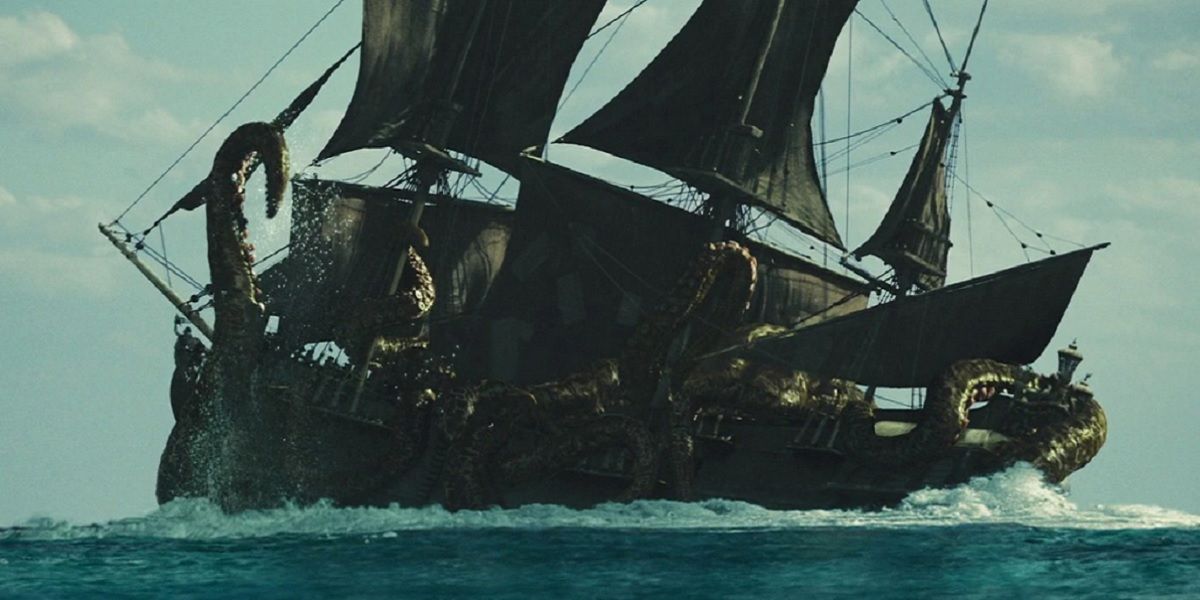
Seeing as the entire plot of the first film revolved around the titular ship, resolving that conflict should have been it. But instead, The Black Pearl would continue to be lost time and time again. It was sunk by the Kraken in Dead Man’s Chest and taken to Davy Jones’ locker in At World’s End. Then, it was stolen by Barbossa at the end of the film. And it was revealed in On Strange Tides that it was then shrunk into a bottle by Blackbeard. While it could be interpreted as a running gag, it did get tiresome to have to be a major subplot in most of the movies.
Bringing Back Davy Jones
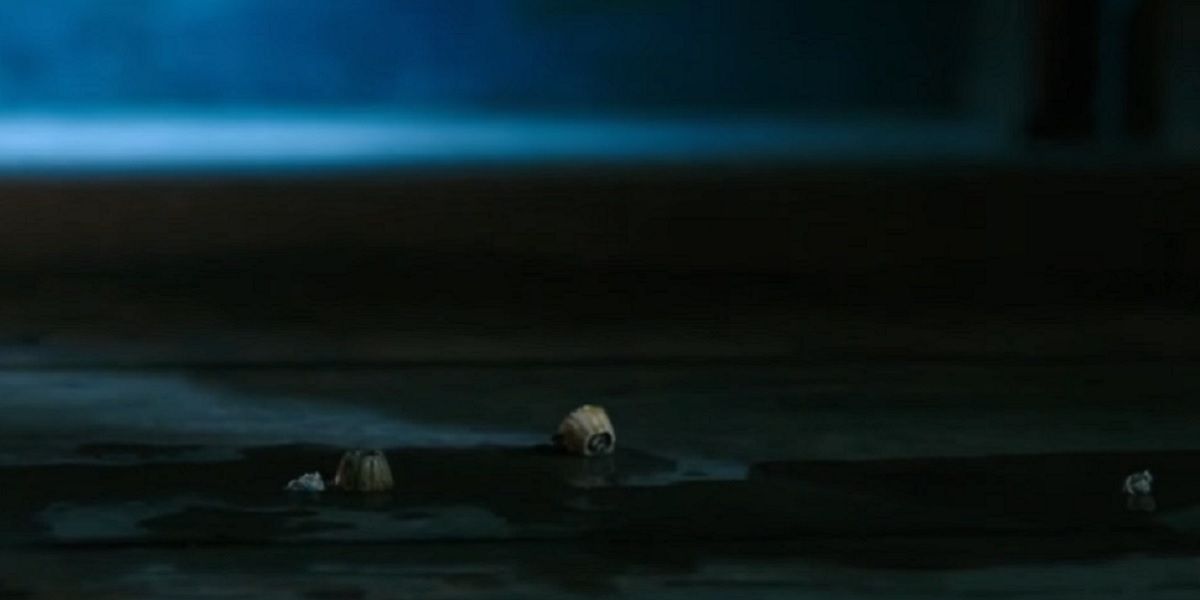
Davy Jones was arguably the best villain in the entire Pirates of the Caribbean franchise (along with Barbossa). He had a great run, and his arc and storyline were complete by At World’s End. The decision to reveal him to be alive in the post-credits scene following Dead Men Tell No Tales was pretty lazy and unoriginal. It was another attempt of nostalgia bait to bring back audiences to the dwindling franchise, and another instance of undermining the finality of death in the franchise as well.
Jack Sparrow Is Constantly The Instigating Incident
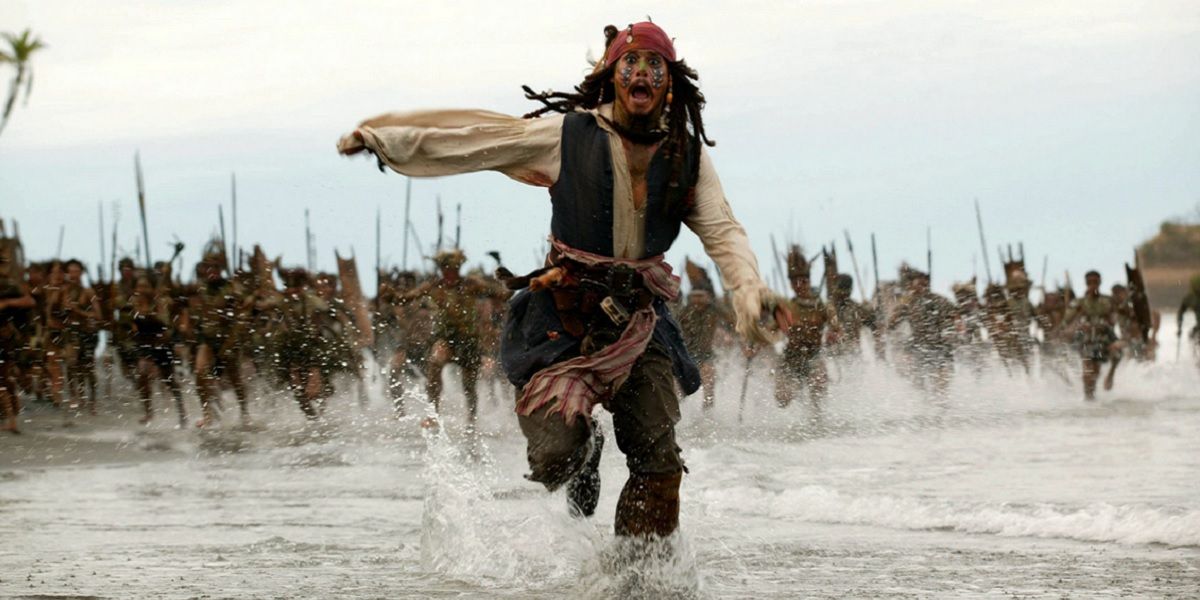
Jack Sparrow is one of the best original fictional characters put to screen. His eccentric behavior, cunning, and antiheroic shenanigans won audiences over upon his debut. It’s probably Johnny Depp’s most iconic role. That being said, the decision to make Jack Sparrow seemingly responsible for every event in the series was baffling, and the strings and connections quickly got confusing and repetitive. Instead of utilizing him in varying tales and still keeping him in the fold like The Man With No Name, he was turned into a heroic protagonist who somehow was involved in every event in the Pirates universe. And that eventually led to a souring of the character, and he quickly went from breakout to tiresome, similar to Steve Urkel.




